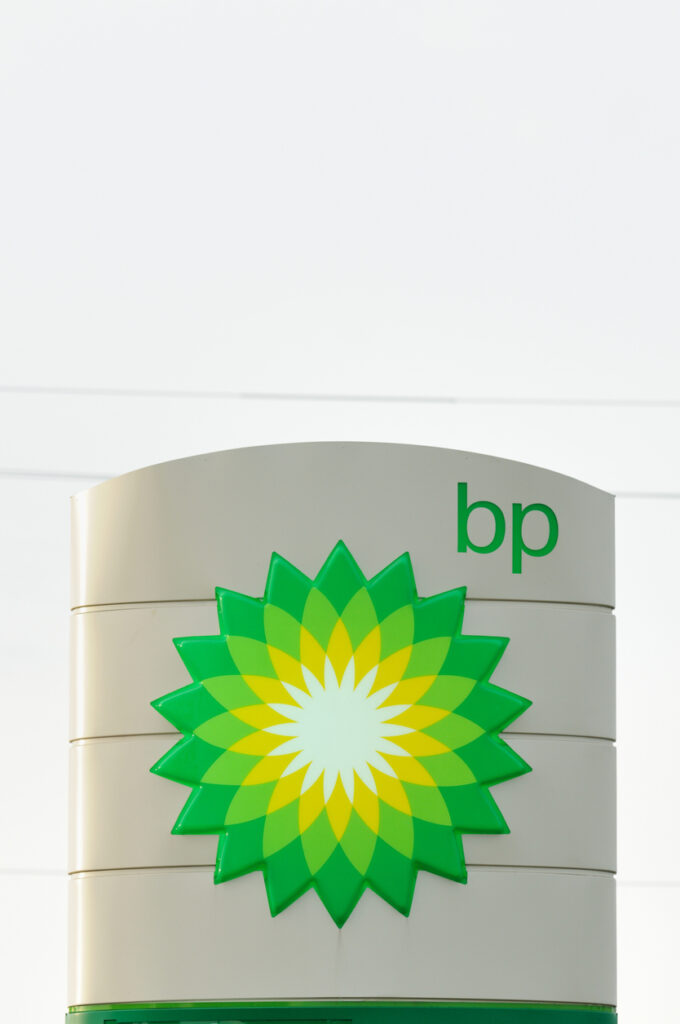(World Oil) – bp Plc said that oil demand is going to keep growing for the rest of this decade, rowing back on its prior projection that the high point could come as soon as this year.
Rising consumption in emerging markets, sluggish energy efficiency gains, geopolitical tensions and the persisting use of petrochemicals all point to peak demand in 2030 at the earliest, the oil giant said in its once-a-year Energy Outlook. Consumption is now projected to reach 103.4 million bpd in five years, up from 102.2 million this year.
President Donald Trump’s return to the White House has accelerated a global shift away from ambitious energy transition goals, with oil majors again focusing on their core fossil fuel businesses. bp in particular has been under pressure from activist investor Elliott Investment Management to prioritize oil and gas, and its new analysis lends weight to a pivot in that direction.
bp said that, because energy efficiency gains have been “lackluster,” it’s resulted in increased demand that’s going to be met by fossil fuels. If prolonged, the situation could add 6 million bopd to demand growth through 2035, bp Chief Economist Spencer Dale and his team said in the report.
The company’s core expectation is that demand will start to return toward current levels around 2035.
bp isn’t alone in backpedaling its view on the prospects for oil demand.
The International Energy Agency (IEA) is preparing a report this year that will show oil and gas demand will continue to rise beyond this decade, contrary to its previous assumption.
bp anticipates a long oil demand tail following 2035 under the world’s current path, with oil consumption seen at about 83 million bpd in 2050. Last year’s bp report showed 2050 consumption at roughly 75 million bpd.
Meanwhile, the London-based firm sees rising natural gas demand in that time thanks largely to Asian imports of the fuel in liquefied cargoes. The U.S. and Middle East stand to be the big suppliers of natural gas over that period, the report says.
A new wild card is data-center demand tied to artificial intelligence. bp estimates that growth in data centers’ electricity use will account for around 10% of global power demand growth through 2035, and 40% of US power demand growth.
The company simultaneously stressed the range of uncertainty of data center demand given rapid efficiency gains in chips and cooling technology.
bp itself made big bets on renewables in recent years that turned into money-losing ventures. The firm reset its strategy earlier this year to return to focusing on oil and gas after years of under performance.
The report highlights that the use of biofuels, hydrogen and carbon capture, use and storage depend on government policies. bp and Shell Plc have both recently scrapped plans for biofuels plants in Europe.







